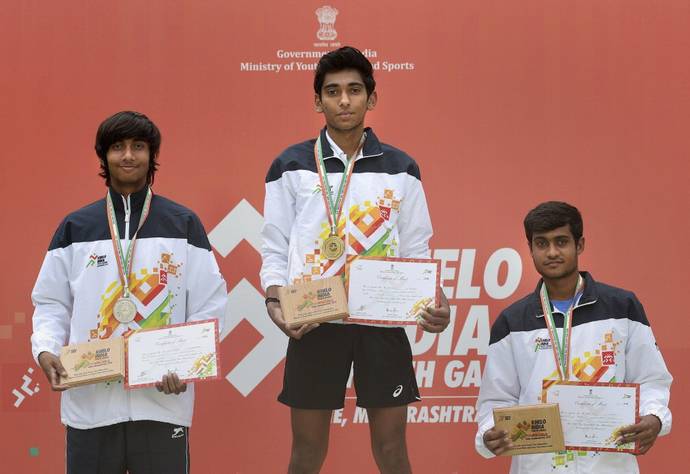Begin typing your search above and press return to search.
Tennis
16-year old tennis player fails dope test

In a first, an Indian tennis player is now caught in a doping cloud after he reportedly failed a test which has led to him being placed under provisional suspension according to the National Anti-Doping Agency (NADA). The tennis player in question is 16-year old Aryaan Bhatia. His urine sample was taken in October 2018 during the Fenesta Open National Tennis Championship held in the capital, New Delhi. This tournament was the first time that NADA had collected samples from tennis players in the country from a National Championship. However, the head of the All India Tennis Association (AITA), Mr Hironmoy Chatterjee has dismissed possibilities of unethical behaviour by claiming ignorance and a wrong medicine precribed by the doctor to the tennis player. "It's a case of ignorance, a mistake has been made," he was quoted as saying by PTI. "The player has cold and he took a medicine as prescribed by a doctor. He was not aware that the medicine carried a banned substance. He has already appealed and it will be heard soon." "We will also put it strongly before NADA that he be excused since he is a junior player and mistake happened due to lack of awareness," he added. Aryaan Bhatia was the silver medalist in the U17 category at the Khelo India Youth Games 2019 in Pune. Last month, seven athletes were provisionally suspended by the Anti-Doping body in the country. Additionally, bans have been slapped upon middle-distance runner Monika Chaudhary for testing positive for Erythropoietin for which the Anti-Doping Disciplinary Panel handed her a four-year ban. Bans were also in the cards for hockey player Bharat Singh and hammer thrower Ginjan Singh. According to the NADA website, more than 4000 dope tests were carried out during the year 2018 as compared to 3363 carried out in 2016 and 3594 tests carried out during the year 2017. A total of 84 programmes aimed at education and increasing awareness about doping and workshops were conducted during 2018 as compared to 52 in 2016 and 64 in 2017.
Next Story






